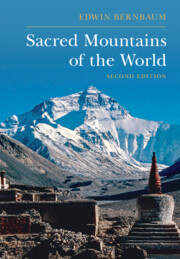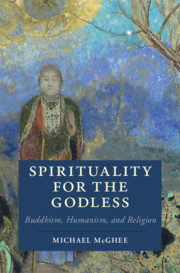The present article examines the perspectives of two understudied, female spiritual writers, Elizabeth of the Trinity and Caryll Houselander, on the doctrine of ‘divine indwelling’. After a brief discussion of classical elaborations of this doctrine, the paper gives an account of Elizabeth's and Houselander's respective Trinitarian and Incarnational readings of God's indwelling of the human soul. This discussion shows that a given interpretation and experience of the divine indwelling is inevitably shaped by – and shapes – the particularity of one's concrete life context, as well as the doctrinal prism through which it is approached. It furthermore demonstrates that such different accounts nonetheless converge on key, and at times surprising issues, such as the reciprocal nature of divine indwelling, and its interdependency on the separation between God and the human being.



